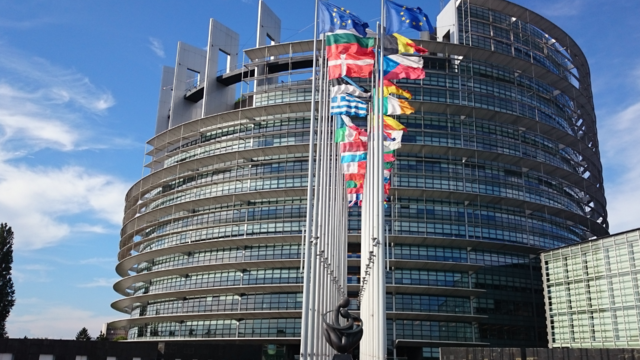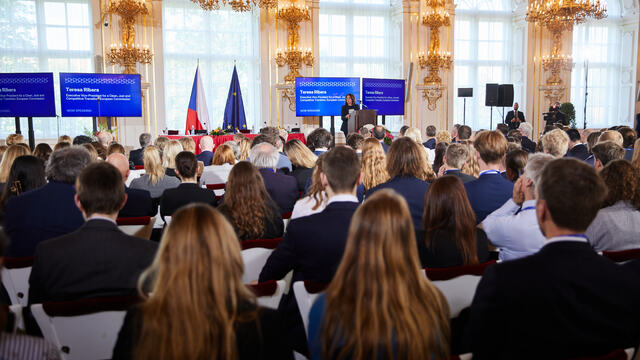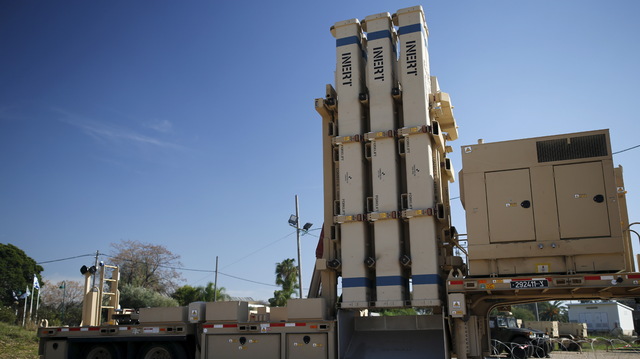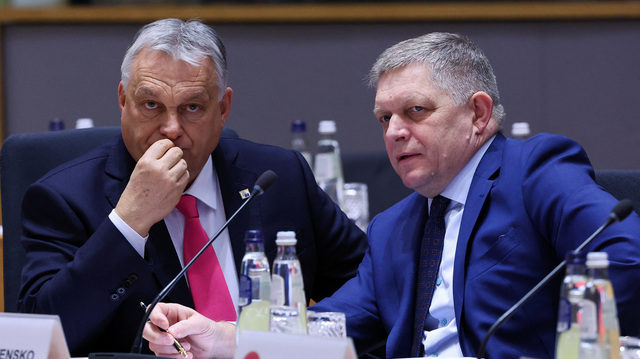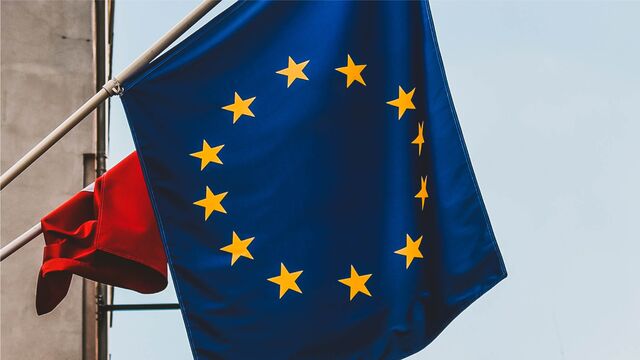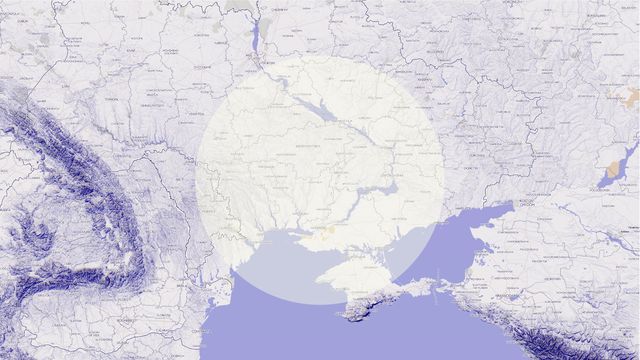EU Enlargement: Challenges and Consensus Hurdles Ahead
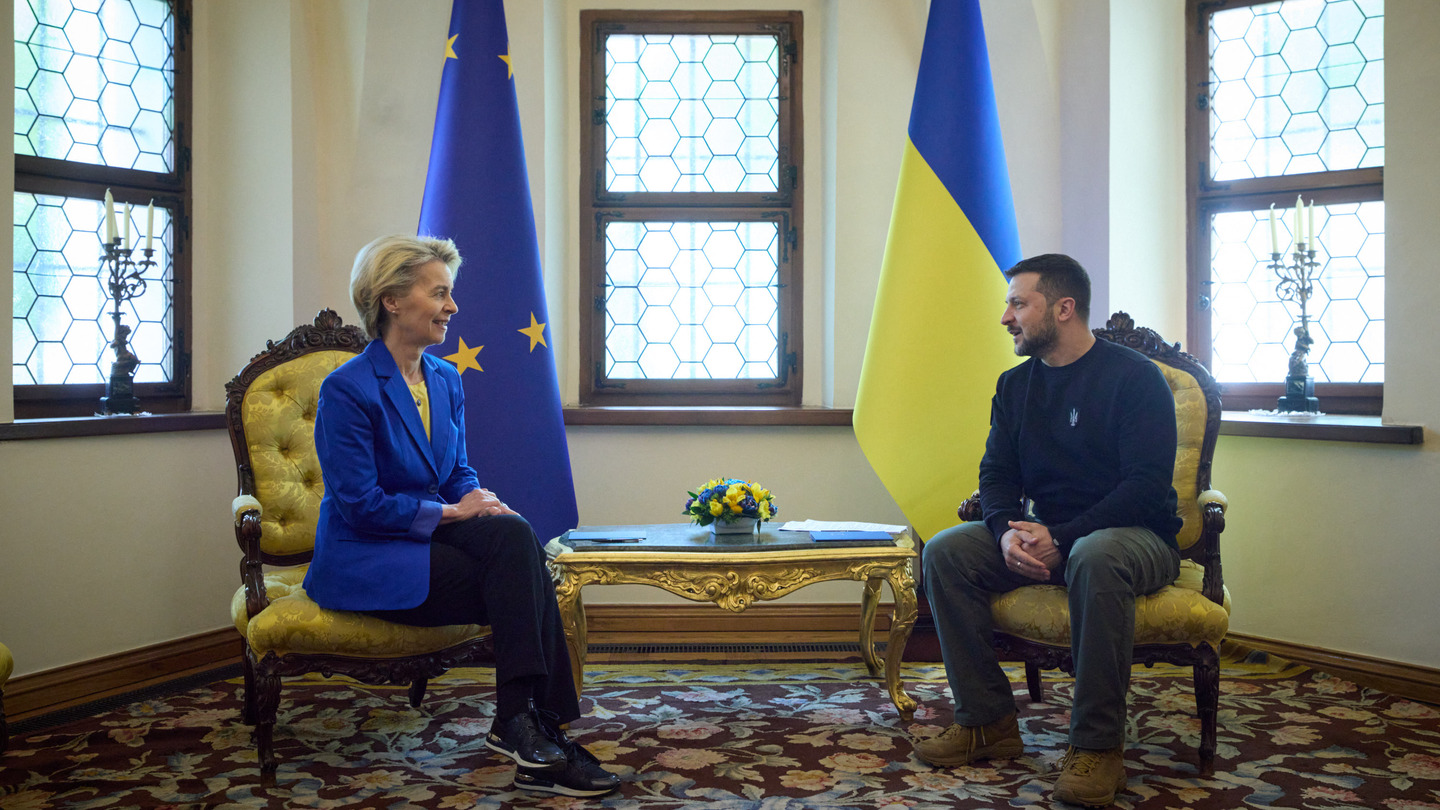
Ambitious efforts to expand the European Union face major obstacles. Beyond the war, a serious lack of internal consensus within the EU is becoming increasingly apparent. “Politicians in Western Europe won’t be able to convince their electorates to support enlargement—whether via parliamentary votes or referendums—unless the EU first fixes its internal structures,” says Jan Kovář, Research Director at the IIR, for EURACTIV.
“The disagreement spans multiple levels: from structural reforms and institutional functioning to specific policy issues that carry high fiscal costs, such as agriculture and cohesion funding,” said Kovář. “There are only a few major funding mechanisms, but they’re all sensitive topics—particularly for the current net beneficiaries of the EU budget. And if you introduce new, relatively poorer member states, something has to give,” he stressed.
According to him, there are two options: either the EU budget is increased—which, he says, lacks consensus among member states—or current policies are redirected and revised, which would inevitably affect the existing recipients. In many EU countries—including Czechia—membership has often been framed as an economic benefit, a “cash cow,” and the EU as a “rich husband.”
“It was never really about shared values or political union; it was always a marriage of convenience,” he pointed out. “I think this narrative was a mistake. Because if you take the money away, public support evaporates—both for the EU itself and for its enlargement.”
He also cited recent Eurobarometer data showing relatively low support for enlargement in Czechia, despite political declarations to the contrary.
“Now imagine telling people, ‘There will be no more funds, no more financial benefits.’ That narrative won’t go down well,” he concluded.
You can read the full article on EURACTIV.

